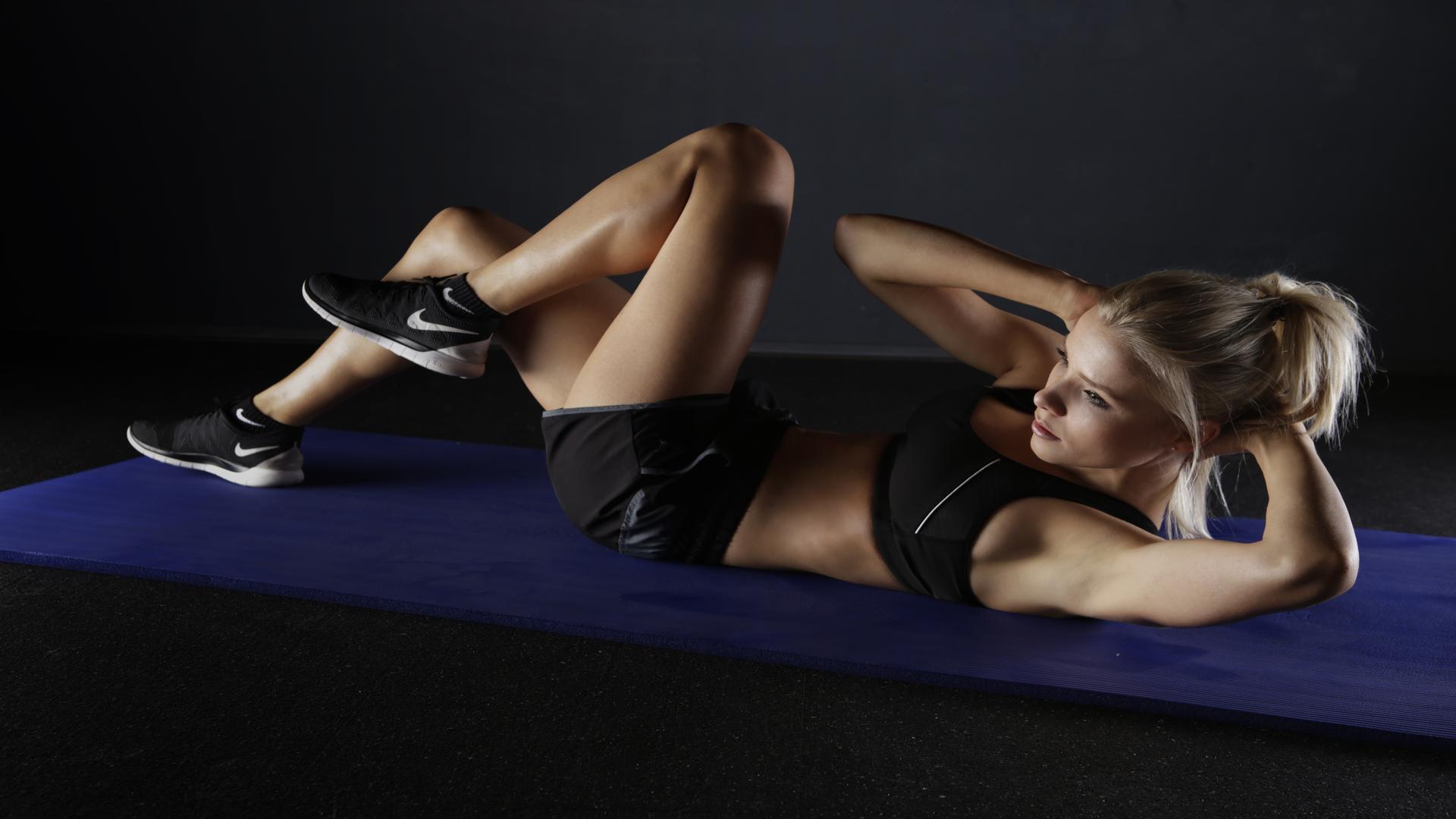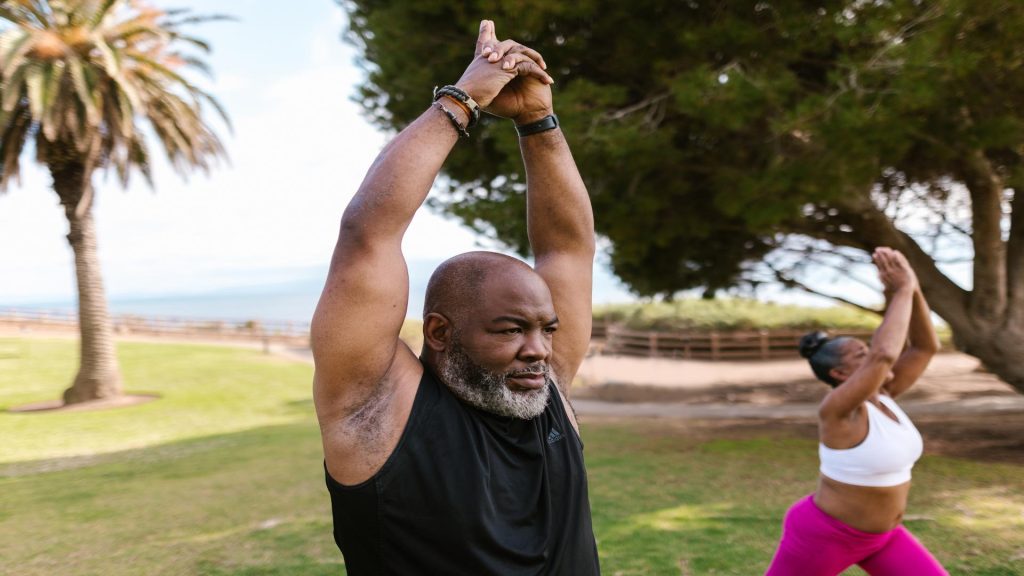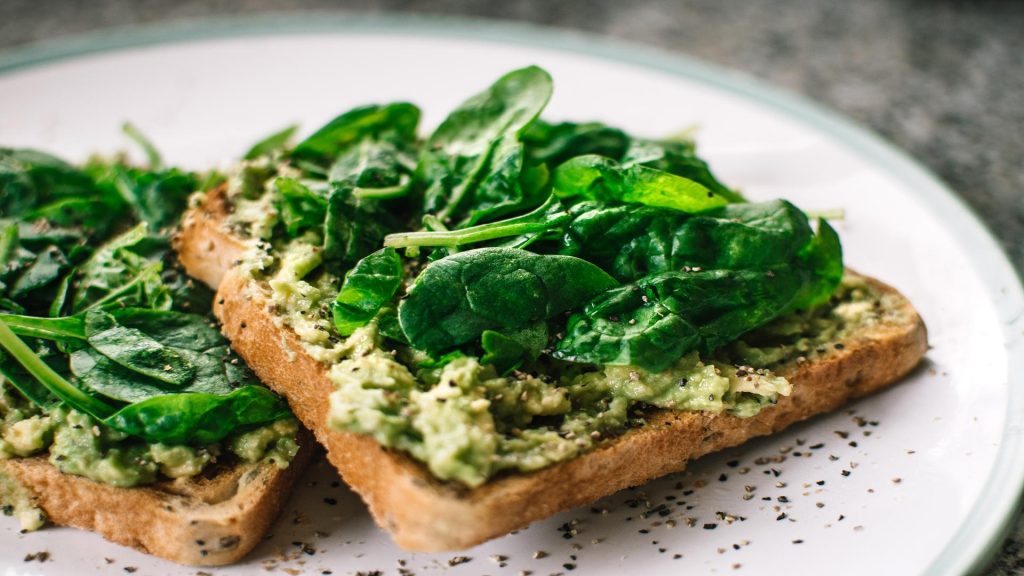
Outline:
I. Introduction
- Definition of fitness competitions
- Importance and popularity of fitness competitions
II. Different Types of Fitness Competitions
- Bodybuilding competitions
- CrossFit competitions
- Powerlifting competitions
- Fitness modeling competitions
- Other niche fitness competitions
III. Preparing for a Fitness Competition
- Setting goals and creating a training plan
- Following a structured workout routine
- Importance of nutrition and meal planning
- Integrating rest and recovery into the training schedule
IV. Training and Exercise for Fitness Competitions
- Weight training and resistance exercises
- Cardiovascular training and conditioning
- Flexibility and mobility exercises
- Sport-specific training for specific competitions
V. Mental Preparation for Fitness Competitions
- Developing a mindset of discipline and focus
- Visualization techniques and mental rehearsal
- Managing stress and performance anxiety
- Building self-confidence and motivation
VI. Fine-tuning the Physique for Fitness Competitions
- Balancing muscle definition and symmetry
- Incorporating posing and stage presence techniques
- Tanning, grooming, and presentation tips
- Selecting the right attire and accessories
VII. The Importance of a Support System
- Building a network of coaches, trainers, and mentors
- Seeking support from friends and family
- Joining fitness communities and online forums
- Balancing personal life and competition preparations
VIII. Potential Challenges and How to Overcome Them
- Dealing with plateaus and stagnation in progress
- Managing injuries and preventing burnout
- Coping with competition-related stress and pressure
- Developing resilience and maintaining a positive mindset
IX. Post-Competition Phase and Transitioning
- Recovery period and taking a break from intense training
- Reevaluating goals and setting new targets
- Exploring different fitness avenues and activities
- Maintaining a healthy and sustainable fitness lifestyle
X. Frequently Asked Questions about Fitness Competitions
- Q1: How long does it take to prepare for a fitness competition?
- Q2: What is the ideal body fat percentage for a fitness competition?
- Q3: Do fitness competitions have an age limit?
- Q4: Can beginners participate in fitness competitions?
- Q5: How do fitness competitions differ from bodybuilding competitions?
Article:
Fitness Competitions: Pushing the Limits and Celebrating Achievements
Fitness competitions have become increasingly popular in recent years, attracting individuals from various backgrounds and fitness levels. These competitions offer a platform for participants to showcase their physical abilities, discipline, and dedication towards achieving their fitness goals. From bodybuilding to CrossFit, powerlifting to fitness modeling, there is a diverse range of fitness competitions tailored to different interests and aspirations.
Different Types of Fitness Competitions
-
Bodybuilding competitions: These events focus on showcasing muscular development, symmetry, and stage presence. Competitors are assessed based on their physique, posing techniques, and overall presentation.
-
CrossFit competitions: CrossFit combines elements of weightlifting, cardio, and gymnastics in a high-intensity workout regimen. CrossFit competitions test athletes' strength, endurance, and agility through a series of challenging workouts.
-
Powerlifting competitions: Powerlifting competitions evaluate participants' strength in three main lifts: squat, bench press, and deadlift. Athletes aim to lift the heaviest weights possible within their respective weight categories.
-
Fitness modeling competitions: Fitness modeling competitions emphasize a toned and aesthetically pleasing physique. Participants are judged not only on their physical appearance but also on confidence, stage presence, and presentation skills.
-
Other niche fitness competitions: There are numerous other types of fitness competitions catering to specific interests, such as obstacle course races, marathons, triathlons, and endurance events.
Preparing for a Fitness Competition
Embarking on the journey towards a fitness competition requires careful planning and preparation. Here are some key steps to consider:
-
Setting goals and creating a training plan: Define your objectives and establish a timeline for your competition preparation. Work with a coach or trainer to create a tailored training plan that aligns with your goals.
-
Following a structured workout routine: Consistency is crucial in preparing for a fitness competition. Stick to a structured workout routine that includes strength training, cardiovascular exercises, and sport-specific workouts.
-
Importance of nutrition and meal planning: Proper nutrition is essential for fueling workouts, optimizing body composition, and supporting recovery. Work with a nutritionist or dietitian to create a meal plan that meets your specific needs.
-
Integrating rest and recovery into the training schedule: Rest and recovery are vital for preventing overtraining, reducing the risk of injuries, and promoting muscle repair. Incorporate adequate rest days, sleep, and recovery activities, such as stretching or foam rolling.
Training and Exercise for Fitness Competitions
To excel in fitness competitions, participants need to focus on specific training modalities. Here are some key areas to concentrate on:
-
Weight training and resistance exercises: Building strength and muscle mass is important across various fitness competitions. Incorporating compound movements, isolation exercises, and progressive overload can help develop a well-rounded physique.
-
Cardiovascular training and conditioning: Improving endurance and cardiovascular fitness is crucial for events like CrossFit or endurance races. Include activities such as running, swimming, or cycling to enhance your aerobic capacity.
-
Flexibility and mobility exercises: Maintaining flexibility and mobility is essential for injury prevention and overall performance. Incorporate dynamic warm-ups, stretching, and mobility exercises into your training routine.
-
Sport-specific training for specific competitions: Identify the specific requirements of your chosen fitness competition and tailor your training accordingly. For example, if participating in a bodybuilding competition, focus on posing techniques and muscle definition.
Mental Preparation for Fitness Competitions
The mental aspect of fitness competitions should not be underestimated. Consider the following strategies to prepare mentally:
-
Developing a mindset of discipline and focus: Commit to the necessary lifestyle changes and adopt a disciplined approach to training, diet, and overall self-care. Stay focused on your goals and be willing to put in the necessary effort.
-
Visualization techniques and mental rehearsal: Use visualization techniques to imagine yourself succeeding in the competition. Visualize each step of the process, including training, posing, and the actual competition, to enhance mental readiness.
-
Managing stress and performance anxiety: Competitions can induce stress and anxiety. Implement stress management techniques such as deep breathing exercises, meditation, or seeking support from a sports psychologist if needed.
-
Building self-confidence and motivation: Work on building self-confidence through positive self-talk, acknowledging your progress, and surrounding yourself with a supportive network. Stay motivated by setting small milestones and celebrating achievements along the way.
Fine-tuning the Physique for Fitness Competitions
In fitness competitions, participants aim to showcase their physique in the best possible way. Consider these factors to optimize your presentation:
-
Balancing muscle definition and symmetry: Achieving a well-balanced physique is crucial. Focus on developing all muscle groups and ensuring symmetry between different body parts.
-
Incorporating posing and stage presence techniques: Learn and practice posing techniques specific to your chosen competition. This will help highlight your physique and showcase your hard work on stage.
-
Tanning, grooming, and presentation tips: Presenting a polished appearance is important. Consider tanning your skin to enhance muscle definition, groom properly, and choose suitable attire and accessories.
-
Selecting the right attire and accessories: Different competitions have specific requirements for attire and accessories. Familiarize yourself with the guidelines and choose outfits that enhance your physique while adhering to the competition rules.
The Importance of a Support System
Preparing for a fitness competition can be physically and mentally demanding. Having a support system can make a significant difference. Here are some sources of support:
-
Building a network of coaches, trainers, and mentors: Surround yourself with professionals who can guide and mentor you throughout the competition preparation process. Seek qualified individuals who have experience in your chosen competition.
-
Seeking support from friends and family: Inform your loved ones about your goals and explain why their support is important to you. Their encouragement and understanding can help during challenging times.
-
Joining fitness communities and online forums: Engage with like-minded individuals who are also preparing for fitness competitions. Online forums and social media groups provide a platform to exchange tips, share experiences, and seek advice.
-
Balancing personal life and competition preparations: Striking a balance between your personal life and competition preparations is crucial. Communicate openly with your loved ones about the commitments required and create a schedule that accommodates both.
Potential Challenges and How to Overcome Them
Preparing for fitness competitions can present various challenges. Here are strategies to overcome common obstacles:
-
Dealing with plateaus and stagnation in progress: Plateaus are often encountered during training. Overcome them by adjusting your training routine, incorporating new exercises, or consulting with a fitness professional to reassess your program.
-
Managing injuries and preventing burnout: Injuries and burnout can hinder progress. Prioritize proper warm-ups and cool-downs, listen to your body, and address any potential injuries promptly. Taking regular rest days and engaging in activities outside of competition training can also prevent burnout.
-
Coping with competition-related stress and pressure: Competition settings can be overwhelming. Practice techniques to manage stress, such as deep breathing, visualization, and positive self-talk. Remember to focus on your personal progress rather than comparing yourself to others.
-
Developing resilience and maintaining a positive mindset: Challenges are likely to arise during the preparation phase. Develop resilience by reframing setbacks as opportunities for growth. Maintain a positive mindset, celebrate small victories, and keep your long-term goals in mind.
Post-Competition Phase and Transitioning
After the competition, it's important to transition smoothly into the post-competition phase. Consider the following steps:
-
Recovery period and taking a break from intense training: Allow your body to recover from the intense competition preparation. Take some time off intense training and focus on active recovery activities such as yoga or other low-impact exercises.
-
Reevaluating goals and setting new targets: Reflect on your experience and reassess your fitness goals. Create new targets that align with your post-competition aspirations, whether it's maintaining your current physique or exploring different fitness avenues.
-
Exploring different fitness avenues and activities: Embrace the opportunity to try new fitness activities or sports that pique your interest. Having a diverse fitness routine can help prevent boredom and maintain long-term engagement.
-
Maintaining a healthy and sustainable fitness lifestyle: Transitioning from a competition-focused routine to a sustainable fitness lifestyle is crucial for long-term well-being. Prioritize overall health, balance nutrition, engage in regular physical activity, and continue to challenge yourself in new ways.
Frequently Asked Questions about Fitness Competitions
Q1: How long does it take to prepare for a fitness competition?
A1: The duration varies based on individual factors and the type of competition. On average, it can take several months to a year of dedicated training and preparation.
Q2: What is the ideal body fat percentage for a fitness competition?
A2: The ideal body fat percentage depends on the type of competition and personal goals. It varies but typically falls between 8% to 15% for men and 15% to 25% for women.
Q3: Do fitness competitions have an age limit?
A3: Most fitness competitions have age categories, allowing participants of different age groups to compete against their peers. However, certain competitions may have age restrictions or special divisions.
Q4: Can beginners participate in fitness competitions?
A4: Yes, beginners can participate in fitness competitions. It's essential to choose a competition appropriate for your current fitness level, set realistic goals, and seek guidance from professionals.
Q5: How do fitness competitions differ from bodybuilding competitions?
A5: While bodybuilding competitions primarily focus on muscle mass and symmetry, fitness competitions encompass a wider range of physical abilities, including strength, cardiovascular fitness, and agility. Fitness competitions may also incorporate routines or specific skills on top of physique evaluation.
```markdown
� Fitness Competitions: Pushing the Limits and Celebrating Achievements
� FITNESS
� FITNESS_COMPETITIONS
� Explore the world of fitness competitions, from bodybuilding to CrossFit, and learn how to prepare, train, and overcome challenges while maintaining a healthy lifestyle.
```
Thank you for reading. For more insights, visit our #healthzone#3.com/blog">BLOG. We appreciate your support!



